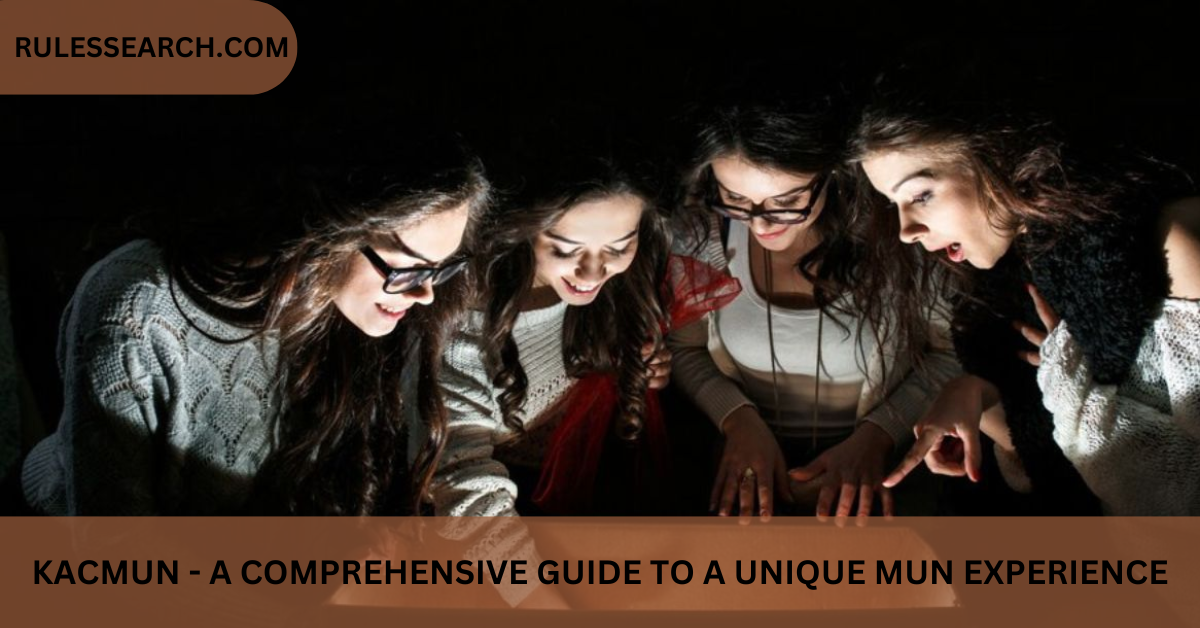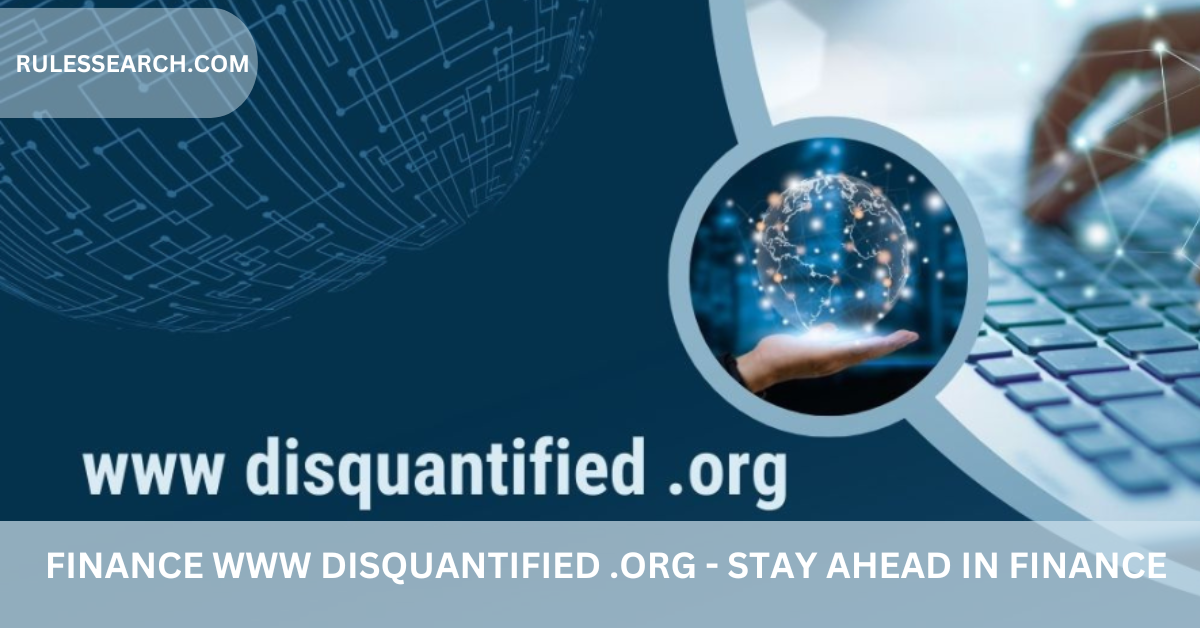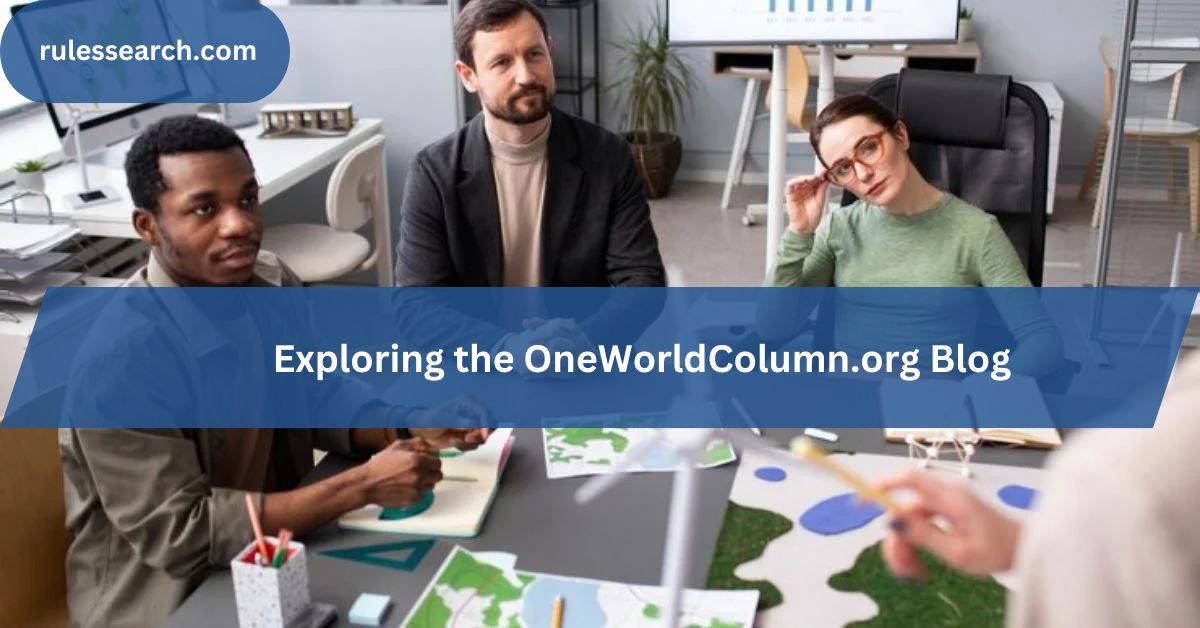Introduction
Model United Nations (MUN) conferences provide an invaluable opportunity for students to engage with the intricacies of international diplomacy, global issues, and cross-cultural interactions. Among these, the Korean American Coalition Model United Nations (KACMUN) stands out due to its unique integration of cultural immersion with traditional MUN simulations. This article will explore the origins, structure, and impact of KACMUN in detail, offering a comprehensive look at why it is a transformative experience for young leaders.
What is KACMUN?
The Korean American Coalition Model United Nations (KACMUN) is a distinguished MUN conference organized by the Korean American Coalition (KAC). Founded as part of KAC’s mission to support and empower the Korean American community, KACMUN blends the rigors of MUN simulations with a rich cultural experience centered on Korean heritage. The conference aims to foster understanding, leadership, and diplomacy among high school and college students.
Origins of KACMUN
KACMUN was established to address a growing need for diverse and inclusive MUN conferences. The founders envisioned an event that would not only simulate the operations of the United Nations but also offer participants an immersive experience into Korean culture. This vision was driven by the desire to create a conference that integrates cultural appreciation with academic excellence, enriching the MUN experience for all involved.
The inception of KACMUN was also influenced by the broader goals of the Korean American Coalition, which seeks to promote civic engagement and leadership within the Korean American community. By combining MUN simulations with cultural programs, KACMUN aligns with these goals, providing a platform where students can explore global issues while gaining a deeper understanding of Korean culture.
Structure of KACMUN
KACMUN’s structure is designed to offer a comprehensive and engaging experience for participants. The conference features a blend of traditional MUN committees and unique cultural programs, creating a dynamic environment for learning and growth.
Conference Organization
KACMUN typically includes several key committees, each focused on different aspects of international diplomacy:
- General Assembly: This committee allows delegates to address broad global issues such as climate change, human rights, and international security. Participants engage in debates, draft resolutions, and simulate the decision-making processes of the UN General Assembly.
- Security Council: In this committee, delegates simulate the UN Security Council’s role in maintaining global peace and security. The focus is on conflict resolution, military interventions, and crisis management. Participants are tasked with crafting resolutions and negotiating solutions to complex security issues.
- Specialized Committees: KACMUN features various specialized committees that delve into specific global challenges. These may include:
- Health Committee: Addressing global health issues, including pandemics and access to healthcare.
- Economic Development Committee: Focusing on economic policies, sustainable development, and poverty alleviation.
- Environmental Committee: Tackling environmental issues such as climate change, conservation, and sustainable practices.
Each committee provides a platform for in-depth discussions and innovative problem-solving, allowing participants to explore specific areas of interest and expertise.
Cultural and Educational Programs
KACMUN sets itself apart by incorporating cultural and educational elements into its agenda:
- Cultural Workshops: These workshops introduce participants to various aspects of Korean culture, including traditional arts, cuisine, history, and contemporary issues. Workshops are designed to be interactive and engaging, offering hands-on experiences that deepen participants’ understanding of Korean heritage.
- Guest Speakers: Prominent figures from the Korean American community are invited to speak at the conference. These speakers share their insights on topics such as leadership, diplomacy, and cultural integration. Their experiences and perspectives provide valuable inspiration and guidance for participants.
- Cultural Events: KACMUN may also host cultural events such as Korean traditional performances, film screenings, or culinary experiences. These events offer participants a chance to engage with Korean culture in a celebratory and enjoyable manner.
Impact of KACMUN
KACMUN has a significant impact on its participants, contributing to their development as leaders and global citizens.
Leadership Development
KACMUN is known for its strong focus on leadership development. Through active participation in committees and engagement in cultural programs, students develop essential skills for effective leadership:
- Public Speaking: Participants practice and refine their public speaking skills as they present their positions, draft resolutions, and participate in debates.
- Negotiation and Diplomacy: The conference simulates the complexities of international negotiations, helping students hone their negotiation techniques and diplomatic skills.
- Strategic Thinking: Delegates are challenged to think strategically as they analyze global issues, formulate resolutions, and work with others to achieve consensus.
KACMUN’s structure encourages students to take initiative, lead discussions, and make impactful contributions, all of which contribute to their growth as future leaders.
Cultural Exchange
Cultural exchange is a core component of KACMUN’s mission. By immersing participants in Korean culture, the conference fosters a greater appreciation for cultural diversity:
- Enhanced Global Perspective: Exposure to Korean traditions and contemporary issues broadens participants’ global outlook and deepens their understanding of different cultural contexts.
- Cross-Cultural Connections: Participants have the opportunity to interact with peers from diverse backgrounds, building connections and friendships that span cultures.
- Cultural Competence: Engaging with Korean culture helps participants develop cultural competence, which is increasingly important in today’s interconnected world.
Personal Growth
Beyond academic and cultural benefits, KACMUN contributes significantly to personal growth:
- Increased Self-Confidence: Participants often report a boost in self-confidence as they take on leadership roles and navigate complex discussions.
- Improved Communication Skills: The conference enhances participants’ ability to communicate effectively, both in formal settings and informal interactions.
- Greater Sense of Responsibility: KACMUN instills a sense of global responsibility and encourages participants to think critically about their role in addressing global challenges.
Conclusion
The Korean American Coalition Model United Nations (KACMUN) offers a distinctive and enriching experience for students interested in international relations, diplomacy, and cultural exchange. By blending traditional MUN simulations with cultural immersion, KACMUN provides a comprehensive platform for learning and personal growth. Through its focus on leadership development, cultural exchange, and personal growth, KACMUN equips young leaders with the skills and perspectives needed to navigate an increasingly complex and interconnected world.
Frequently Asked Questions (FAQs)
1. What is the Korean American Coalition Model United Nations (KACMUN)?
KACMUN is a Model United Nations conference organized by the Korean American Coalition. It combines MUN simulations with cultural programs centered on Korean heritage, offering students an immersive experience in diplomacy and leadership.
2. How does KACMUN differ from other MUN conferences?
KACMUN distinguishes itself by integrating cultural exchange with traditional MUN simulations. Participants engage in diplomatic debates and resolutions while also participating in Korean cultural workshops and interacting with Korean American community leaders.
3. What committees are typically featured at KACMUN?
KACMUN includes several key committees such as the General Assembly, Security Council, and various specialized committees focused on health, economic development, and environmental issues. Each committee addresses specific global challenges through simulated UN processes.
4. How can students benefit from participating in KACMUN?
Participants benefit from enhanced leadership skills, improved public speaking and negotiation abilities, and a greater appreciation for cultural diversity. KACMUN also provides opportunities for personal growth and increased self-confidence.
5. Are there specific cultural programs included in KACMUN?
Yes, KACMUN includes cultural workshops that explore Korean traditions and history. The conference also features guest speakers from the Korean American community and cultural events that celebrate Korean heritage.
6. Who can participate in KACMUN?
KACMUN is open to high school and college students interested in international relations, diplomacy, and cultural exchange. Students from diverse backgrounds are encouraged to participate.
7. What skills can students develop at KACMUN?
Students can develop skills in diplomacy, strategic thinking, public speaking, and negotiation. The conference also helps participants build cultural competence and a broader global perspective.
8. How does KACMUN promote cultural exchange?
KACMUN promotes cultural exchange through its Korean cultural workshops, interactions with guest speakers, and cultural events. These elements provide participants with a deeper understanding and appreciation of Korean culture.
9. What are the key outcomes of participating in KACMUN?
Key outcomes include improved leadership abilities, enhanced communication skills, a greater sense of global responsibility, and a richer understanding of cultural diversity.
10. How can interested students get involved in KACMUN?
Students can get involved by visiting the Korean American Coalition’s website for information on registration, conference dates, and application procedures. Attending information sessions and engaging with KAC’s outreach efforts can also provide valuable insights into the conference.



